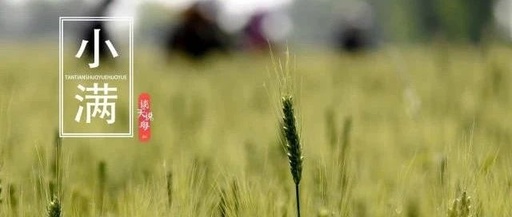On May 20, 2020, at 21:49, the sun reaches the longitude of 60°, marking the arrival of Xiaoman (Grain Full).Xiaoman is the second solar term of summer. At this time, the grains of summer crops begin to fill but are not yet fully mature, hence the name Xiaoman.
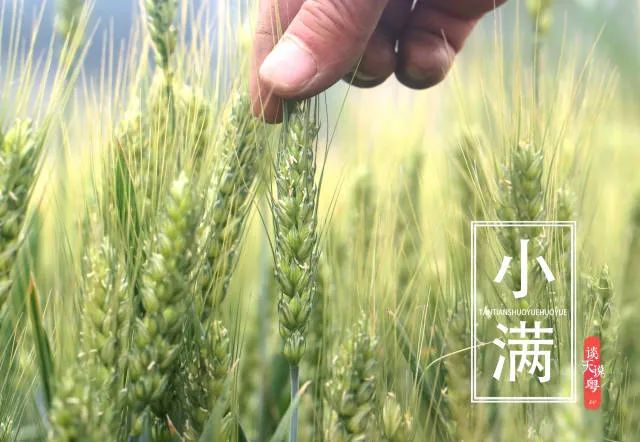
As we enter Xiaoman, the temperature rises significantly, and rainfall increases, leading to a humid and hot climate. In southern regions, heavy rainfall combined with the hot weather exacerbates the humidity, making it easy for people to fall ill due to improper living and dietary habits. For instance, if the damp-heat pathogen obstructs the spleen and stomach, it can lead to symptoms such as reduced appetite, diarrhea, and abdominal pain; if the damp-heat toxin accumulates on the skin, it can cause eczema, sores, and skin itching.Damp-heat is a characteristic of the climate during Xiaoman. Therefore, clearing heat and eliminating dampness, as well as skin care and disease prevention, are key focuses for health maintenance during this time. However, despite the heat of Xiaoman, excessive cooling and dampness removal can lead to new issues such as Yang deficiency, Qi depletion, and fluid damage, so health management should be tailored to individual needs, ensuring a balanced approach. The weather on the 20th will be cloudy in the Pearl River Delta and northern Guangdong, with scattered thunderstorms and local heavy rain; other areas will be cloudy with isolated thunderstorms. From the night of the 20th to the morning of the 22nd, northern Guangdong, the Pearl River Delta, and eastern Guangdong will experience heavy rain, with some areas facing torrential rain, while western Guangdong will see moderate to heavy rain with local thunderstorms. During thunderstorms, some areas may experience short bursts of strong winds of around level 8 or even 10.Attention! The first wave of Dragon Boat rain is on the way! The seasonal indicators for Xiaoman are: “First, bitter herbs bloom; second, the grass dies; third, wheat harvest approaches.”
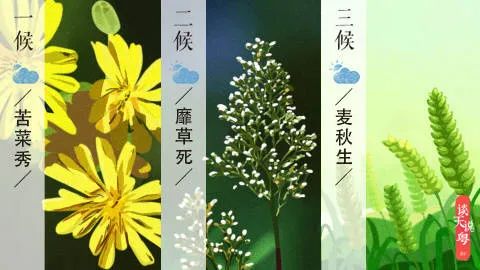
Ancient texts divide Xiaoman into three phases: the first phase sees bitter herbs bloom beautifully; the second phase sees shade-loving grasses begin to wither; the third phase indicates the wheat is nearing harvest.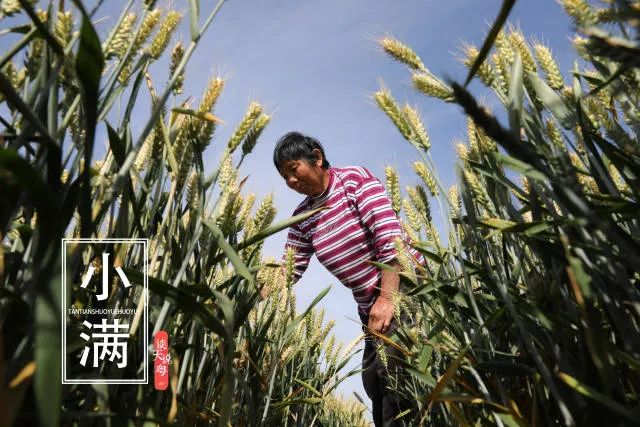 Health Maintenance● StayCool Without Catching a Cold As the temperature rises significantly during Xiaoman, many companies, malls, restaurants, and buses have turned on air conditioning to cool down. People often return home to turn on air conditioning or fans to escape the heat. However, prolonged exposure to cold air can damage the body’s Yang Qi, especially when one enters an air-conditioned environment after sweating, which can lead to colds.
Health Maintenance● StayCool Without Catching a Cold As the temperature rises significantly during Xiaoman, many companies, malls, restaurants, and buses have turned on air conditioning to cool down. People often return home to turn on air conditioning or fans to escape the heat. However, prolonged exposure to cold air can damage the body’s Yang Qi, especially when one enters an air-conditioned environment after sweating, which can lead to colds.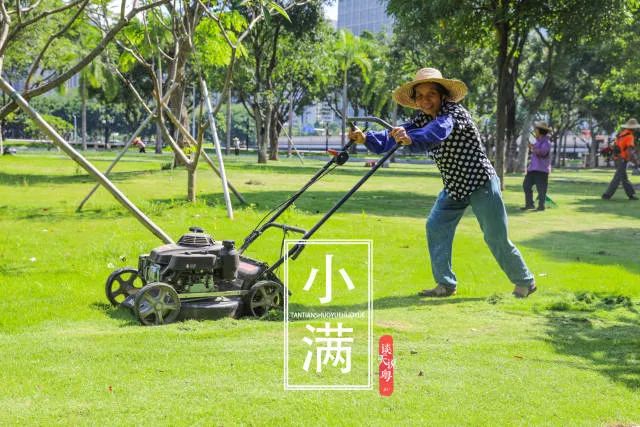 Therefore, during Xiaoman, it is important to follow these principles when using air conditioning: First, the indoor temperature should not be lower than 27°C, and the temperature difference between indoors and outdoors should not be too large. A large temperature difference can cause discomfort, and excessively low temperatures can lead to illness. Second, do not let the air conditioning blow directly on the head and back. Traditional Chinese Medicine (TCM) holds that “the head is the meeting point of all Yang energies,” and the back is also Yang, where Yang Qi gathers. Direct exposure to cold air on these areas can damage Yang Qi, leading to headaches, back pain, body aches, and joint pain. Third, rooms with air conditioning should not be closed for long periods; windows or doors should be opened periodically for ventilation to allow for air exchange and the expulsion of stale air. This is especially important if someone in the home or office has a cold or respiratory infection, to avoid cross-infection due to stagnant air. Fourth, when sleeping with air conditioning at night, wear long pants and a long-sleeved top, and cover with a light blanket to prevent the body’s Yang Qi from being trapped inside, which can lower resistance to cold and increase susceptibility to illness.
Therefore, during Xiaoman, it is important to follow these principles when using air conditioning: First, the indoor temperature should not be lower than 27°C, and the temperature difference between indoors and outdoors should not be too large. A large temperature difference can cause discomfort, and excessively low temperatures can lead to illness. Second, do not let the air conditioning blow directly on the head and back. Traditional Chinese Medicine (TCM) holds that “the head is the meeting point of all Yang energies,” and the back is also Yang, where Yang Qi gathers. Direct exposure to cold air on these areas can damage Yang Qi, leading to headaches, back pain, body aches, and joint pain. Third, rooms with air conditioning should not be closed for long periods; windows or doors should be opened periodically for ventilation to allow for air exchange and the expulsion of stale air. This is especially important if someone in the home or office has a cold or respiratory infection, to avoid cross-infection due to stagnant air. Fourth, when sleeping with air conditioning at night, wear long pants and a long-sleeved top, and cover with a light blanket to prevent the body’s Yang Qi from being trapped inside, which can lower resistance to cold and increase susceptibility to illness.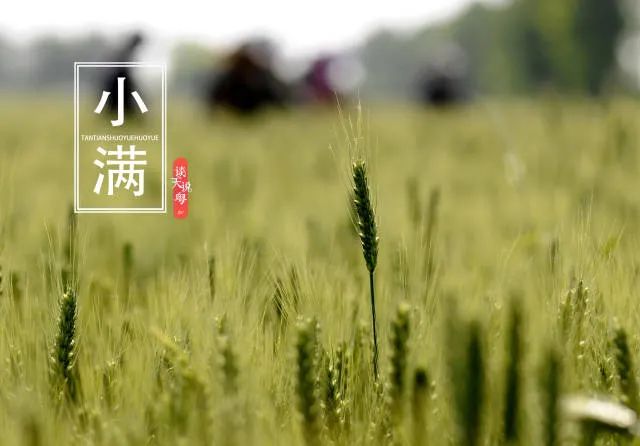
● Move
Do Not Sweat Excessively
In the hot summer, Yang Qi rises to the skin surface, and pores open, making it easy to sweat. This is a natural process of the body to release heat and balance Yin and Yang. During Xiaoman, the humid and hot climate makes appropriate sweating beneficial for lowering body temperature and expelling dampness, thus moderate exercise to induce sweating can help clear heat and eliminate dampness. However, sweating should be done in moderation; excessive sweating can harm the body. If one sweats too much during exercise, it can lead to fatigue, weakness, and even shortness of breath, indicating that excessive sweating has depleted the body’s vital energy. If sweating continues excessively, it can lead to a significant loss of body fluids and blood volume, potentially resulting in shock or fainting.
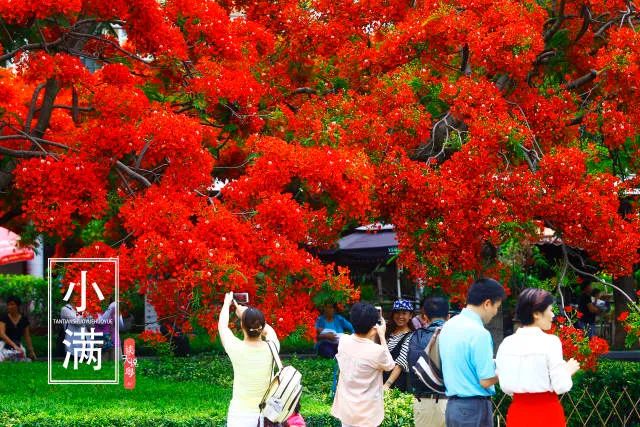
Therefore, exercise in summer needs to be balanced; it is not advisable to exercise in hot and humid environments, and the intensity of exercise should not be too high. One should not excessively pursue sweating and dampness removal; the goal should be to avoid feeling overly fatigued or short of breath after exercise. If dizziness or palpitations occur during exercise, one should stop immediately to prevent accidents.After sweating during exercise, it is important to replenish fluids, especially if sweating is excessive, drinking a moderate amount of light saltwater can help correct sodium loss. Additionally, after sweating, one should dry off and change into dry clothes to avoid catching a cold when entering air-conditioned spaces or being exposed to wind.
● Eat
Clear Heat, Promote Dampness Elimination, and Aid Digestion
During Xiaoman, the weather is hot and rainy, leading to a heavy damp-heat atmosphere, which can cause fatigue, drowsiness, and poor appetite, especially after consuming cold drinks, which can further impair digestive function, leading to symptoms such as diarrhea and abdominal pain. TCM believes that the spleen governs transportation and transformation and prefers dryness while disliking dampness. During this time, the prominent damp-heat can obstruct the spleen, leading to symptoms such as bitter taste in the mouth, dry mouth, yellow greasy tongue coating, and dark yellow urine. Therefore, dietary adjustments during Xiaoman should focus on clearing heat, promoting dampness elimination, and aiding spleen function. Foods such as winter melon, coix seed (Yi Yi Ren), lentils, and red adzuki beans can help clear heat and eliminate dampness, while ingredients like Chinese yam (Huaishan), water chestnut (Qian Shi), poria (Fu Ling), and lotus seeds (Lian Zi) can aid spleen function.
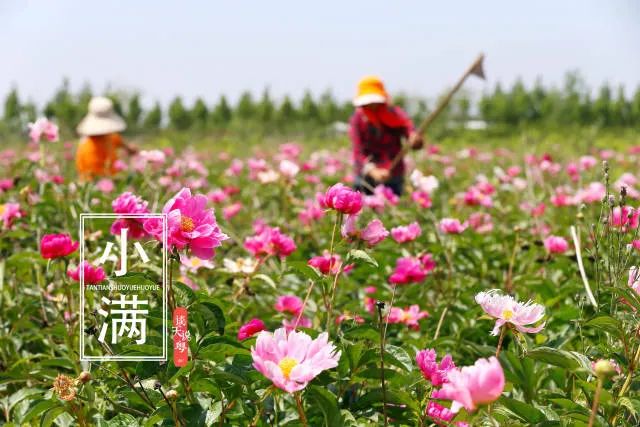
In hot weather, one can also consume watermelon, kelp, and mung beans to cool down. However, it is important to note that watermelon, kelp, and mung beans are all quite cold in nature and should not be eaten on an empty stomach in the morning, as this can harm the spleen and stomach, damaging Yang Qi and leading to symptoms of stomach cold and abdominal pain. For those with a weak constitution or cold stomach, when preparing cooling and dampness-eliminating soups during humid and hot weather, it is advisable to add warming ingredients such as ginger (Sheng Jiang) and dried tangerine peel (Chen Pi) to reduce the cold nature of the soup. For example, when making soup with winter melon and coix seed, add 3 slices of ginger; when cooking soup with kelp and mung beans, add 1 piece of dried tangerine peel. Additionally, some cold ingredients can be stir-fried to reduce their cold nature, such as coix seed and lentils, which can be dry-fried until slightly yellow before being used in soups.
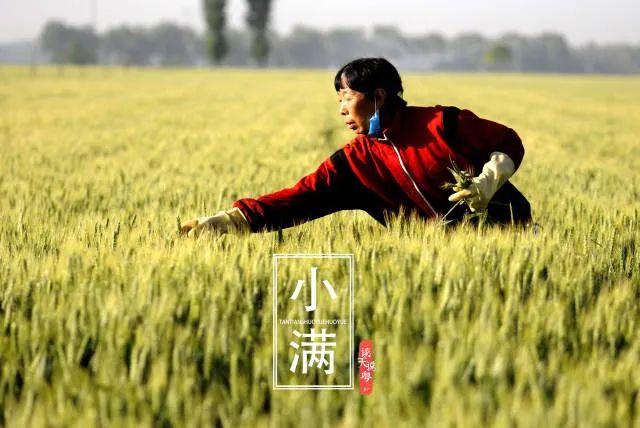
● Prevent
Frequent Washing and Changing Clothes to Prevent Skin Diseases
During Xiaoman, the humidity and heat are significant, leading to increased sweating and damp skin, which can promote the activity of mosquitoes, mites, and bacteria, making it easy to develop skin diseases such as eczema, tinea, and sores. TCM believes that the causes of these skin diseases during Xiaoman mainly stem from two aspects: first, the damp-heat pathogen interacts with wind, becoming trapped in the skin and hair pores; second, internal heat accumulation in the stomach and intestines cannot be expelled, leading to the stagnation of pathogenic Qi in the skin and hair pores.Therefore, frequent washing and changing clothes to maintain skin cleanliness, avoiding spicy and hot foods, and ensuring smooth bowel movements are the main measures to prevent these skin diseases. Additionally, it is important to pay attention to the choice of clothing materials, opting for breathable and moisture-absorbing fabrics to avoid damp accumulation. Cotton materials are best, as they are less likely to cause skin sensitivity. Clothes and socks should be changed and aired frequently, and household items such as bed linens and sofa covers should also be washed regularly. If symptoms of eczema or tinea appear, topical herbal remedies for wind-dampness and itching can be used, but it is advisable to avoid using steroid creams until a diagnosis is confirmed, and it is best to seek timely medical attention. If a skin disease is already present, avoid spicy and stimulating foods to prevent exacerbating the condition.
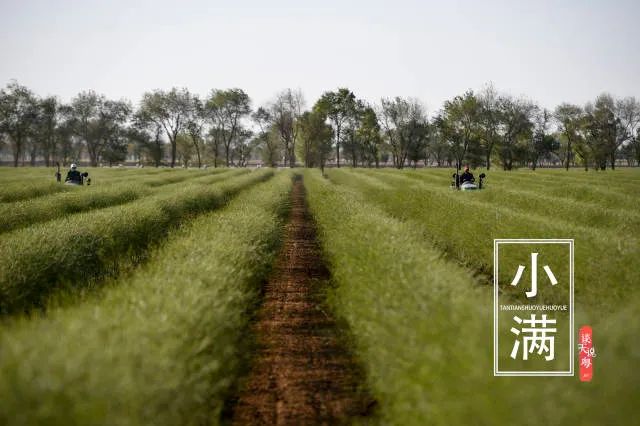
Guangdong Cuisine● Lotus Leaf Hawthorn TeaIngredients: 5g dried lotus leaf, 5g dried hawthorn, 3g dried tangerine peel.Preparation: Place the three ingredients in a teapot, pour boiling water, and steep for 15 minutes. Add sugar to taste and drink as tea.Effects: Clears heat and transforms turbidity, regulates Qi and stimulates appetite. Suitable for those with damp-heat obstruction and poor appetite.● Coix Seed and Mung Bean PorridgeIngredients: 100g coix seed, 100g mung beans, 150g white rice.Preparation: Rinse coix seed and mung beans and soak separately for 1 hour. Rinse white rice, then add 2500ml of water to a pot. First, cook the mung beans until they split, then add coix seed and white rice, stirring occasionally until the porridge is ready. Sweeten to taste before serving.Effects: Strengthens the spleen, promotes dampness elimination, and clears heat and detoxifies. Suitable for those with damp-heat obstruction and skin sores.● Cotton Tree Flower and Red Bean SoupIngredients: 60g dried cotton tree flower, 50g red adzuki beans, 10g dried tangerine peel, 3 dried jujubes, 3 slices of ginger, 500g pork spine.Preparation: Wash all ingredients and place them in a pot with an appropriate amount of water. Bring to a boil over high heat, then simmer for 2 hours on low heat. Season with salt before serving.Effects: Clears heat, promotes dampness elimination, and detoxifies. Suitable for those with internal damp-heat and skin itching.Recommended Reading
(Click the image to read)

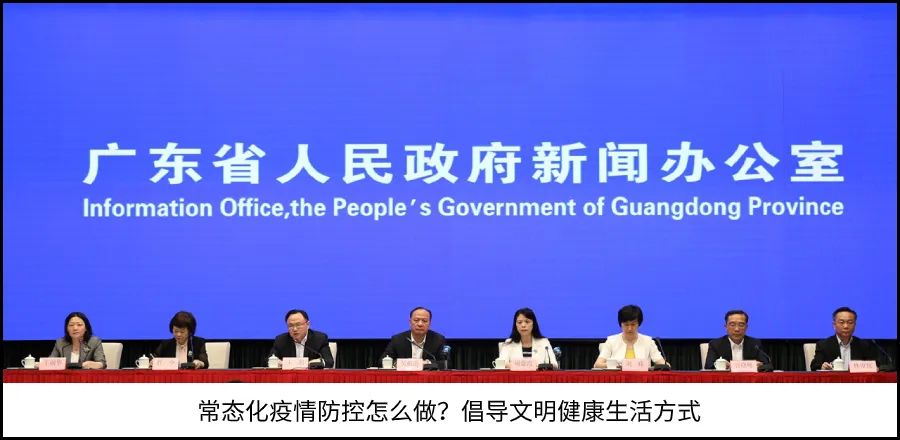
Source: Southern+ Client
Editor: Hong Xin
Proofreader: Liang Feifei


